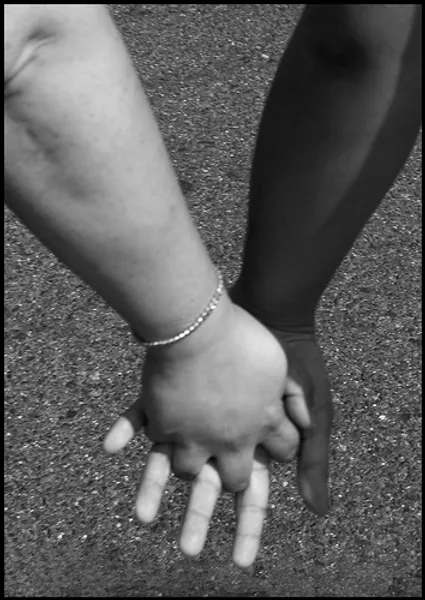If you ask most people, they’ll tell you the most important part of their lives is their relationships with others: friends, families, partners, coworkers, etc. Excellent friendships at work can make a stressful job doable and friends enrich our evenings and weekends. Stop for a moment and think about the key relationships in your life: your best friend from grade school, your first romantic relationship, a particular teacher or mentor, maybe a relative.
Think about the significant moments in your life: graduating high school or college, getting your first job, learning how to ride a bike, giving in and joining facebook, maybe your wedding, or the loss of a loved one. Chances are, those memories are rendered more significant by the people and relationships present. Often these moments create opportunities for gathering our loved ones around us to celebrate. The right relationships enrich and deepen our lives.

Your relationship with your counselor or therapist is also one of significance. Research has shown that up to 90% of the reason why counseling helps is because of the relationship between counselor and client. As the client, this means if you don’t feel like you click with a counselor or therapist, please look elsewhere! All professional counselors and therapists have some kind of appropriate training that gives them skills to help people. But if you don’t feel at ease with the person sitting across from you, the efficacy of those skills is decreased significantly.
When you meet with a counselor for the first time, the counselor should review their expectations of you as a client and what you can expect from them as a therapist. Then the discussion will move to the reason you’re looking for professional help. While the counselor is gathering information to start figuring out how they can best help you, you should also gather information about whether you think this counselor can help you.
Pay attention to how you feel about how the counselor is acting and speaking. Do you feel respected? Regarded in an unconditional and empathetic manner? Does the counselor treat you like an individual or one appointment among many? Does the counselor appear to have experience and knowledge about your issue? Does the counselor over-share about their personal life? (sharing short anecdotes to make a therapeutic point is ok, talking about how their day went is not ok) Does the counselor offer advice or help you explore your own solutions?
Remember, not all therapists or counselors are created equal. We come from different backgrounds, have different attitudes, skills and abilities regarding treatment, and work with our own personal style. Take time to find one that fits with you, then decide whether counseling can help!
